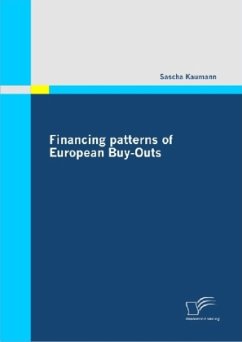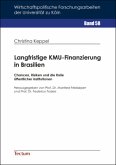As Buy-Outs became larger and more levered in the mid 2000 s the European Leveraged Finance market experienced a wave of innovations. This research is concentrating on the capitalisation process of leveraged Buy-Outs in Europe, taking the perspective of an equity investor.
We embark on the quest for the optimal capital structure by constructing an integrated model based on traditionalist (irrelevance hypothesis) and modernist (tax, risky debt and costly contracting hypothesis) views. In a second step we review common terms of financing instruments used in European Buy-Outs (ie. Senior debt, Mezzanine, High Yield, Preferred Equity, Equity) in the light of these theoretical insights. Finally the capitalisation process is embedded in a broader framework for value levers in Buy-Out transactions and an outlook on further research is given.
This research provides a solid review of relevant literature on capital structure (eg. Modigliani & Miller, Agency Theory) and can be used as an introduction for the inexperienced reader. The consistent mapping of common financing terms against relevant theoretical hypothesis is unique among related literature.
We embark on the quest for the optimal capital structure by constructing an integrated model based on traditionalist (irrelevance hypothesis) and modernist (tax, risky debt and costly contracting hypothesis) views. In a second step we review common terms of financing instruments used in European Buy-Outs (ie. Senior debt, Mezzanine, High Yield, Preferred Equity, Equity) in the light of these theoretical insights. Finally the capitalisation process is embedded in a broader framework for value levers in Buy-Out transactions and an outlook on further research is given.
This research provides a solid review of relevant literature on capital structure (eg. Modigliani & Miller, Agency Theory) and can be used as an introduction for the inexperienced reader. The consistent mapping of common financing terms against relevant theoretical hypothesis is unique among related literature.








